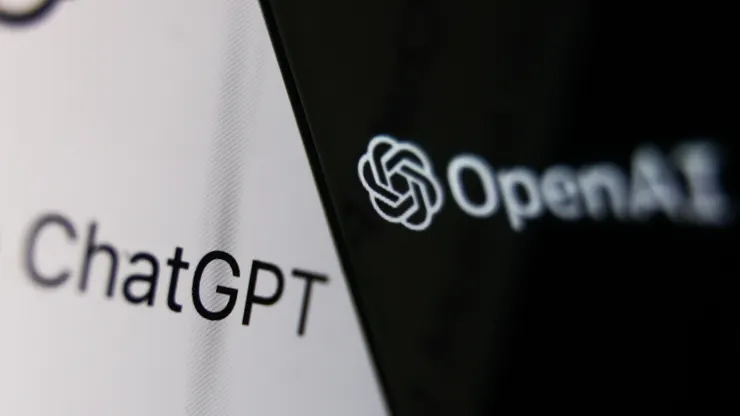
Microsoft plans to invest $10 billion in OpenAI, the startup behind popular artificial intelligence tool ChatGPT, according to a report from Semafor.
The deal is part of a funding round with other investors involved that would value OpenAI at a whopping $29 billion, Semafor reported Tuesday, citing people familiar with the matter.
It isn’t clear whether the deal has been finalized but term sheets sent to prospective investors indicated the plan was to close the deal by the end of 2022, Semafor reported.
Microsoft will reportedly get a 75% share of OpenAI’s profits until it makes back the money on its investment, after which the company would assume a 49% stake in OpenAI.
Microsoft and OpenAI were not immediately available for comment when contacted by CNBC.
For several weeks, the tech world has been abuzz with chatter about ChatGPT. The tool is a natural language processing model, meaning it is designed to generate text that appears as though a human wrote it.
The AI model, itself a variant of the GPT-3 family of large language models, has been used for everything from developing code to writing college essays.
A bet on ChatGPT could help Microsoft boost its efforts in web search, a market dominated by Google
. The company’s Bing browser has only a small share of the global search engine market, however it is hoped the deal could help the firm chip away at Google’s dominance by offering more advanced search capabilities.
In December, Morgan Stanley published a report examining whether ChatGPT is a threat to Google. Brian Nowak, the bank’s lead analyst on Alphabet, wrote that language models could take market share “and disrupt Google’s position as the entry point for people on the Internet.”
OpenAI, which was founded by Silicon Valley entrepreneur Sam Altman in 2015, launched its ChatGPT to the public in late November. Despite optimism over its potential, the project is burning through cash due to the overwhelming level of pressure on its servers arising from its virality. Five days after OpenAI released ChatGPT, Altman said that the chat research tool crossed 1 million users.























